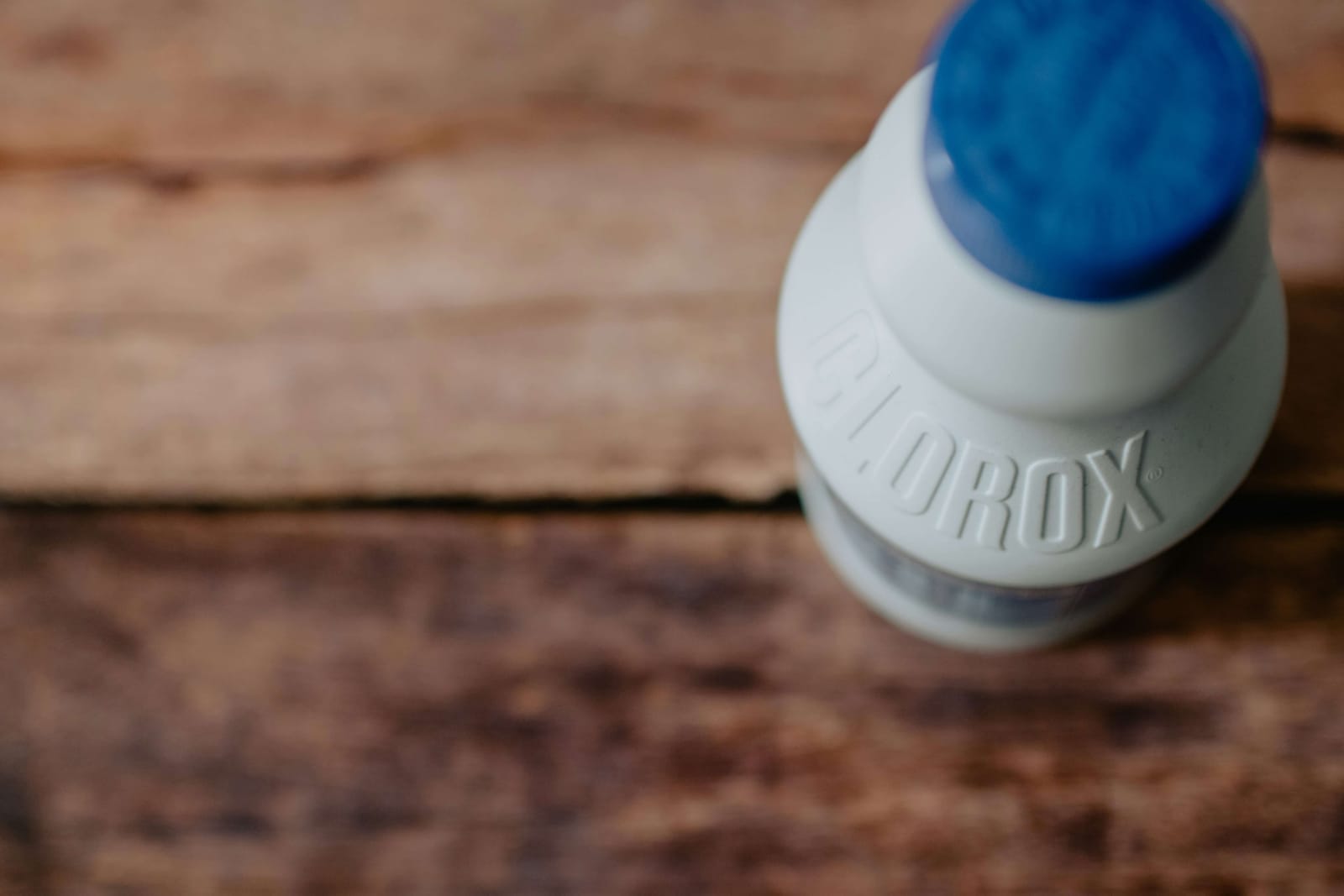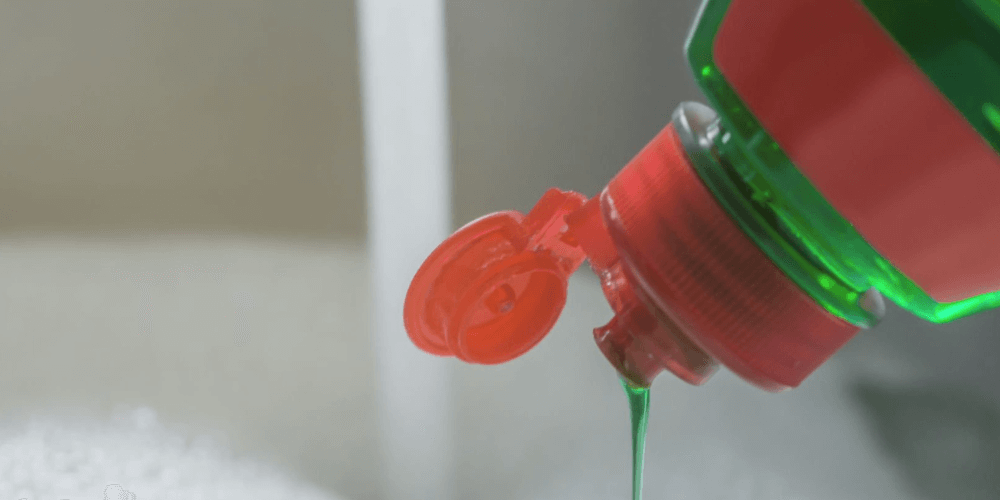For coffee enthusiasts and professional baristas alike, an espresso scale is an indispensable tool. It ensures precision, consistency, and, ultimately, the perfect cup of coffee. However, like all precision instruments, it requires regular maintenance and calibration to deliver accurate results consistently.
In This Micro-Post
- Importance of Calibration
- Step-by-Step Calibration Guide
- Tips for Prolonged Scale Lifespan
- Frequently Asked Questions
- Conclusion
- Further Reading
Importance of Calibration
Calibration is the process of setting or correcting a measuring device.
With continuous use and external environmental influences, scales may deviate from their precise measurements. Such deviations can result in uneven coffee brewing, impacting both the flavor and excellence of the espresso. Regular calibration ensures that the scale's readings remain accurate, ensuring consistent coffee brewing.
Step-by-Step Calibration Guide
- Reset Your Scale: Before starting the calibration process, reset your scale to its factory settings.
- Place Calibration Weight: Place a known calibration weight on the scale. This weight should ideally match the scale's maximum capacity.
- Adjust as Necessary: If the scale doesn't display the exact weight of the calibration weight, adjust it using the calibration mode in the scale's settings.
- Recheck: Remove the weight and place it again to ensure the reading is consistent.
- Store Safely: Once calibrated, store your scale in a location free from extreme temperatures or humidity.
Tips for Prolonged Scale Lifespan
- Clean Regularly: Dust and debris can affect a scale's accuracy. Clean the scale with a soft cloth after each use.
- Avoid Overloading: Always ensure you're within the scale's weight capacity to prevent damage.
- Store in Stable Conditions: Extreme temperatures or humidity can affect the scale's components. Store in a cool, dry place.
- Use Quality Batteries: If your scale is battery-operated, ensure you're using high-quality batteries and replace them regularly.
Frequently Asked Questions
How often should I calibrate my espresso scale?
It's recommended to calibrate your scale once a month or if you notice inconsistencies in your coffee brewing.
Can I use any weight for calibration?
It's best to use a known calibration weight that matches your scale's capacity.
My scale is showing erratic readings. What should I do?
Erratic readings can be due to a low battery, a need for calibration, or the scale being on an uneven surface. Address these issues and check again.
Conclusion
The precision of an espresso scale is paramount in the world of coffee brewing. Ensuring that your scale is calibrated and maintained not only guarantees the consistency of your espresso shots but also enhances the overall coffee experience.
By regularly checking and calibrating your scale, you safeguard its accuracy and prolong its lifespan.
In the end, a well-maintained espresso scale is an invaluable tool for every coffee enthusiast, ensuring that each cup brewed is a testament to perfection.
Further Reading
- Micro-Lot Coffees & Espresso Scales: Capturing Unique Flavors: Step into the realm of specialty coffees and see how espresso scales play a crucial role in highlighting their unique flavor profiles.
- Espresso Scales & Water Temperature: Perfect Extraction: Understand the art and science behind using espresso scales and the right water temperature to craft the ideal espresso.
- Want to understand the buzz around unique coffee varieties? Check out the article 'What Is Microlot Coffee, and What Makes It Special?' by Driven Coffee Roasters.
- If you're in search of the best espresso scale to suit your needs, don't miss our comprehensive guide on the best espresso scales.



